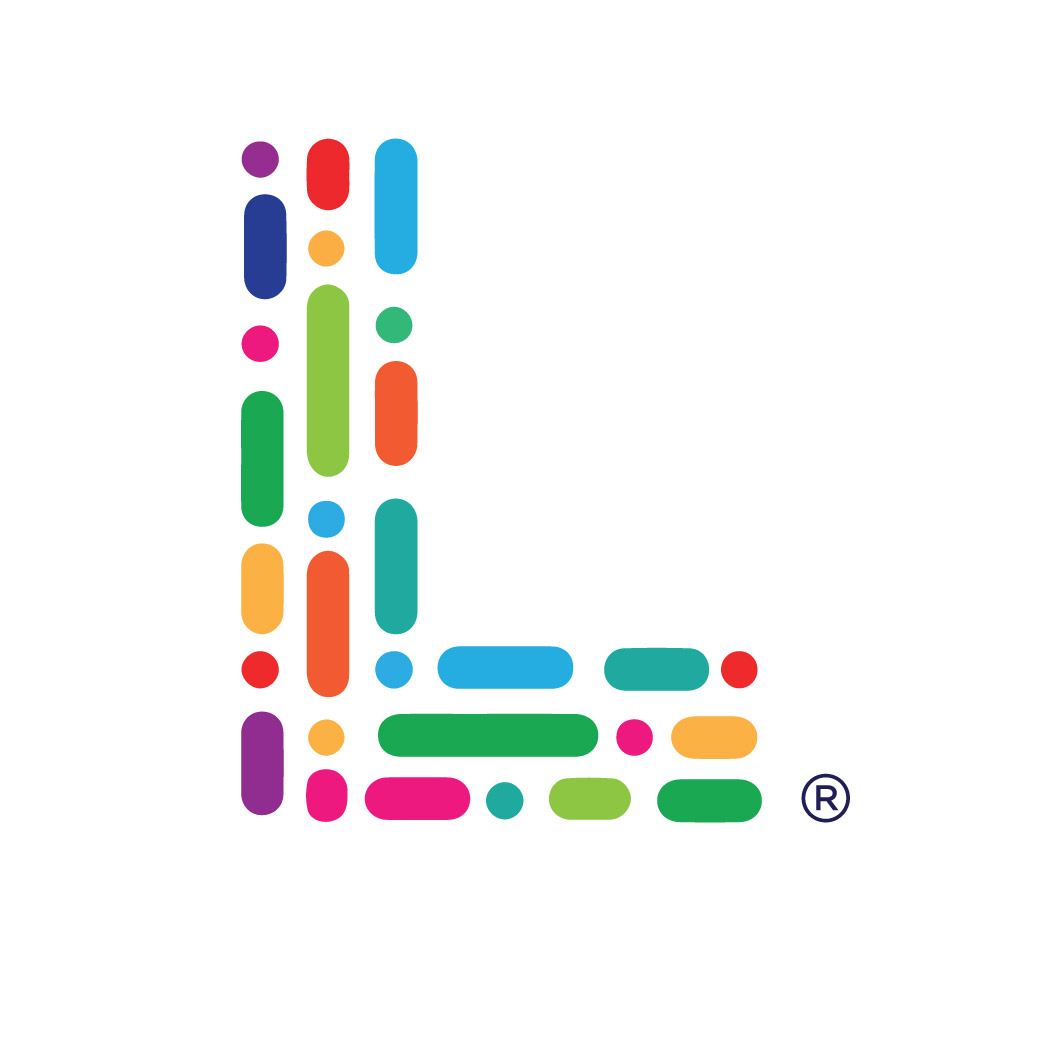Why should I choose Canada as my Study destination?
Canada is ranked the world’s third-best country for Education. There are many advantages of studying in Canada. Right from Inexpensive studies to quality education, liberal visa rules to confirmed employment opportunities, and above all the world-class universities make Canada a preferred study destination for international students.
What are the different Study visas in Canada?
- If your intended course is for less than 6 months, no specific study permit is required.
- If your intended course is more than 6 months, you need to apply for a study permit.
- For studying in Quebec, apart from the Canadian visa process, you will also need to get a CAQ from Immigration Quebec.
Is IELTS mandatory for Studying in Canada?
The admission policy in the best Canadian universities is rigidly requiring an IELTS score of 6.5 and a minimum of 6.0.
Can I study in Canada without IELTS?
Yes. The Admissions requirements are defined by the Universities. Some of the universities do accept other English language tests like Duolingo, CanTest (Canadian Test of English for Scholars and Trainees) or CAEL (Canadian Academic English language). Apart from this, certain universities accept students whose medium of Instruction was English for more than 4 years. Please contact us to know the different universities’ requirements and admission process.
Is a gap year accepted for higher studies in Canada?
Yes. It depends on the level of education. While undergraduate students are accepted with a 2-year gap, postgraduate students are accepted with 5 gap years.
Can I work while studying in Canada?
Yes. You can work both On-campus and Off-Campus if you have a study permit and are enrolled on a full-time course at an authorized Institution. You can work for about 20 hours a week during study time and can work full-time during holidays.
How much does it cost to study in Canada?
The average tuition expenses for undergraduate programs are CAD 30000, while it is much higher for Masters.
How many intakes are there in Canadian universities?
There are three intakes in Canadian Universities.
Fall – September
Winter – January
Summer – May
Are there scholarships available to study in Canada?
There are several scholarships available to study in Canada. You can choose the scholarships that suit your qualifications. Please contact us for further details on this.
Who can sponsor me to study in Canada?
You may be sponsored by your parents, spouse or Canadian citizen. However, in specific conditions, your relatives like a brother, sister, uncle or aunt can sponsor.
Can I get a work permit after my study in Canada?
Yes. You can apply for a Post Graduate work permit (PGWP) within 180 days of the declaration of your results. The validity of the PGWP depends on the duration of your course. If your course is less than 8 months, then you are not eligible for PGWP.
Which are the best cities in Canada for study for international students?
Montreal, Vancouver, Toronto, Ottawa and Quebec City
Are there any entrance tests to study in Canada?
Several standardized tests are required for an international student to study in Canada. Some of these tests include SAT, TOEFL, IELTS, GRE, GMAT, MCAT, and LSAT.
Are there any language requirements to study in Canada?
Canada is a country with two official languages – French and English. International students need to be fluent in French to study at Universities in Quebec, Ontario and New Brunswick. Some Universities in this region require French qualification tests, while some verify both language tests.
Is it mandatory to get student health Insurance in Canada?
Yes. In Canada, International Student’s medical coverage differs from Province to province. International students are not covered under the Canadian government Health insurance scheme.
Do I need to produce proof of funds, while applying for a study Visa?
Yes. Tuition fees and an amount of CAD 10000 for a year need to be required to demonstrate proof of funds for individual students. However, it is Tuition fees and CAD 11000 for a year if studying in the Quebec region. If the student is accompanied by another person, an additional CAD 4000 need to be added, while CAD 3000 for the third person.
What is Biometric Identification and do I require to have it when going to study?
Biometrics (Fingerprint and Photo) are required for certain nationals when moving to Canada. It is mandatory for students as well.
Is a study permit required for all courses?
No. For courses that last less than 6 months, a study permit is not required. A Study Visa is required only when the course duration is more than 6 months.
What are the different immigration programs available for international students to stay in Canada after their studies?
International students can apply for immigration through several federal and provincial schemes based on their studies. In certain cases, this can be done even without a work offer.
What is the course duration for a Master’s program in Canada?
Based on the Curriculum and Sensitivity of the program, a Master’s program may span up to two academic years.
What are the different accommodation options available for international students in Canada?
- Dormitories and Townhouses: Some Universities provide student residences on campus or near campus. These are managed by the schools themselves. Dormitories are often suggested for First-year students, while Townhouses are usually reserved for second, third- and fourth-year students and graduate students.
- Off-Campus shared apartments or Condominiums – These are managed by Individual agencies and the students need to make their research when opting for such accommodations. Few of the Universities in Canada do refer you to one or more agencies. The rates may vary based on the city and type of accommodation (Single/ shared rooms) you choose.
- Host Family/ Homestay – Living with a host family may make you feel safer. They often provide a single occupancy room and one-three meals a day. However, the students need to be prepared to travel for at least 30 – 50 minutes by bus or train when they opt for a homestay, as this is the normal commute time in Canada. These are available in locations far from the University campuses.
- Furnished or unfurnished apartment rentals – There are several websites where students can look out for individual apartments for rent. Students are advised to make their research while finalising the apartment.
Can my spouse / dependent work in Canada while I study?
Yes. Your spouse/dependent can apply for an individual work permit. They need to apply for an open work permit and they do not require any labour market opinion or job offer. Their work permit would have validity for the exact period of your study in Canada.
Do Canadian Universities accept the 10+2+3 education system of India?
Yes. Most Canadian Universities accept 10+2+3 education for Postgraduate Diploma programs. While for Masters, most universities mandate 10+2+4. However, please note certain universities do accept 10+2+3 for Masters based on the program and are purely on a case-to-case basis.
How do I apply for a study permit in Canada?
First and Foremost, you need to get admission to a Canadian Designated Learning Institute (DLI). Once you get the Letter of acceptance (LAC) from DLI, you can apply for the study permit.
What is the procedure to extend my student visa?
You need to apply for renewal of your student visa before 30 days of its expiry.
How easy is it to obtain part-time jobs in Canada for international students?
It is quite easy to obtain part-time jobs for international students both on campus and off campus. Developing connections and networking remain key for obtaining part-time jobs easily.
What are the documents required for applying for a student visa to Canada?
Though the document requirements differ based on your profile and the course you are applying for, the basic documents for the student visa are
Passport
Proof of acceptance by DLI
Proof of funds
Photographs
Immigration Medical Examination
English Language Proficiency test scores
Statement of Purpose
Is GRE Required to study in Canada?
Yes. If you intend to pursue MS in Canada, you will need a very high score on GRE.
I have completed part of my study program in my home country and would like to pursue the remaining semesters in Canada. Do Canadian universities accept by completed semesters?
Each University has its own set of rules and regulations about credit transfer. You will need to get in touch with your preferred university to know about it. Alternatively, you may also check with your institution about credit transfer agreements, if any with any Canadian university.
What are the different Universities in Canada and the programs they offer?
Please contact us for the complete details on all the Universities in Canada and the different programs they offer. We will also be able to offer you advice on the best courses and universities that suits your profile.

If you are considering studying abroad why don’t you discuss your prospects and opportunities with experts at Lurnable’s dedicated study abroad counselling division LurnPathways?












